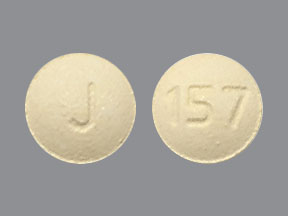
Tolterodine Coupons & Savings Card – Discount Prices from $39.80
Generic for: Detrol
My prescription
Edit
1MG, Tolterodine (180 Tablets)
Select pharmacy

CVS
$39.80
COUPON PRICE
Albertsons
$53.62
COUPON PRICE
Walgreens
$59.76
COUPON PRICE
Walmart
$72.13
COUPON PRICETolterodine savings card
Show this card to your pharmacist
CVS
$39.80
BIN
ID
PCN
GRP
019876
LHA2584FB4
CHIPPO
LHX
Powered by
More prescriptions for overactive bladder
More prescriptions for overactive bladder
Price history for Detrol (brand) & Tolterodine (generic)
180 Tablets, 1MG
Average retail price for Detrol
Average retail price for Tolterodine
Average SaveHealth price for Tolterodine
Our price history data is based on aggregated prescription data collected from participating pharmacies in America. Our prescription data updates daily to reflect the latest price changes. If you notice a missing data point, it means there wasn't sufficient data available to generate a monetary value for that date.
We analyzed Tolterodine prices for (1MG, 180 Tablets) over the last 12 months. The average retail price was $107.27, while the average price using the SaveHealth discount card was $52.24. That's a savings of approximately 51.30% when using our Tolterodine coupon.
Compared to the generic version, Detrol had an average price of $620.57 over the same time period. With the SaveHealth savings card, Tolterodine is 91.58% cheaper on average than Detrol.
*Retail prices are based on pharmacy claims data, and may not be accurate when we don't have enough claims.
Tolterodine dosage forms
Dosage Quantity Price from Per unit 1MG 180 Tablets $39.80 $0.22 1MG 60 Tablets $19.72 $0.33 1MG 90 Tablets $33.05 $0.37 1MG 500 Tablets $63.80 $0.13 2MG 60 Tablets $20.60 $0.34 2MG 180 Tablets $39.80 $0.22 2MG 500 Tablets $63.80 $0.13
| Dosage | Quantity | Price from | Per unit |
|---|---|---|---|
| 1MG | 180 Tablets | $39.80 | $0.22 |
| 1MG | 60 Tablets | $19.72 | $0.33 |
| 1MG | 90 Tablets | $33.05 | $0.37 |
| 1MG | 500 Tablets | $63.80 | $0.13 |
| 2MG | 60 Tablets | $20.60 | $0.34 |
| 2MG | 180 Tablets | $39.80 | $0.22 |
| 2MG | 500 Tablets | $63.80 | $0.13 |
